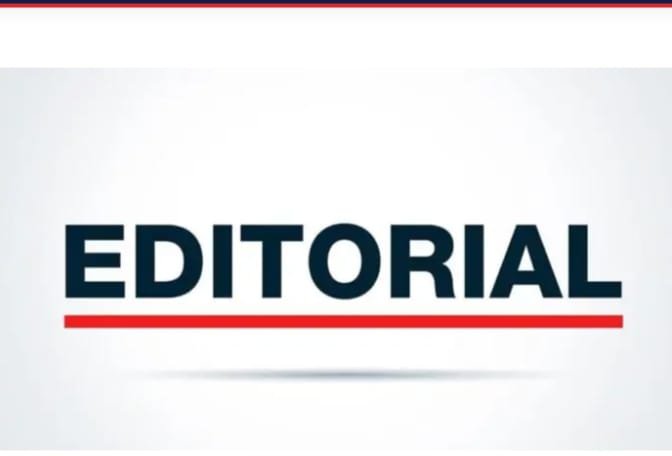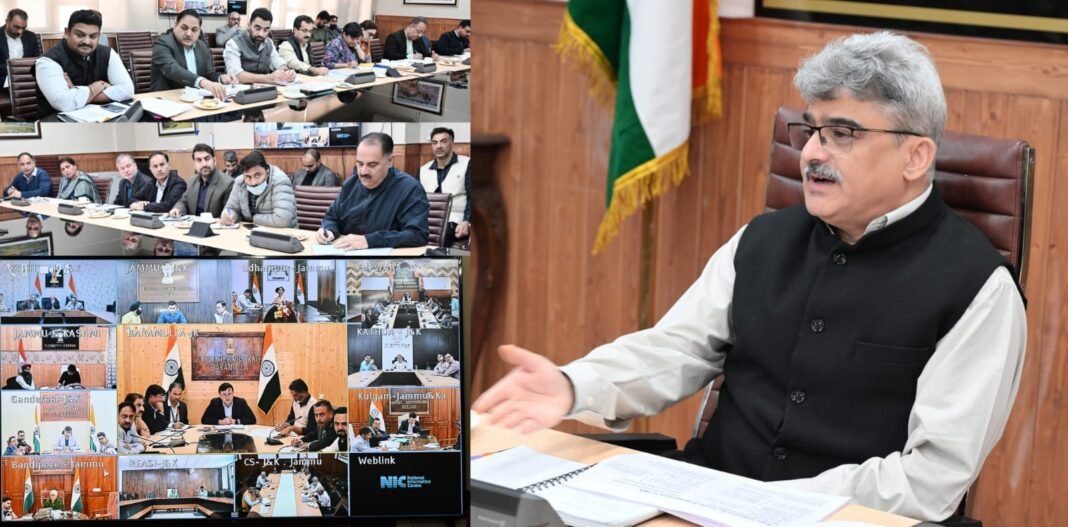Jammu and Kashmir has once again entered the elections season. Along with the Rajya Sabha polls, by-elections for the two Assembly constituencies of Nagrota and Budgam are also around the corner. With this renewed political activity, people are once again set to hear the familiar chorus of promises, pledges, and slogans. Yet, the past one year of the National Conference–Congress coalition government has left behind a trail of unfulfilled hopes and disillusionment.
When the National Conference assumed power, the people expected a “new dawn” of dignity, identity, and development. The twelve “guarantees” made in the party’s election manifesto became symbols of public hope — one lakh jobs, 200 units of free electricity, free drinking water, ₹5,000 monthly aid for poor women, ₹3,000 pension for senior citizens, and 12 free LPG cylinders for low-income households. These were promises meant to win hearts. But one year later, not a single commitment has been turned into reality.
In a democracy, public trust is its most valuable asset. When governments fail to honor their promises, that trust erodes. The present NC–Congress government has so far failed to live up to expectations. The Congress, on its part, has remained directionless — neither playing a visible role in the government nor asserting itself as a credible opposition. The result has been a year of political confusion and growing public frustration.
Now, as the election season returns, every political party is once again in motion. Promises will pour in once more, and emotional appeals will resurface. But the question remains — for how long will the people continue to fall for empty assurances? How long will they trust slogans that fade away as soon as the elections end?
The time has come for voters to act with wisdom. The vote is a sacred trust and must be exercised with discernment. Political parties too must understand that democracy is not a struggle for power alone; it is a commitment to serve. Making promises is easy — fulfilling them is the true test of leadership. If governments continue to break their word, public faith in democracy will weaken, voter turnout will decline, and mistrust will seep deep into the political fabric.
For the world’s largest democracy, this is a moment of reflection. Political parties in India must realize that betraying public trust weakens the very foundation of democracy. What is needed today is clean, transparent, and accountable politics. Election manifestos should reflect reality, not rhetoric. Governments that come to power must focus on keeping their promises, not inventing excuses.
Democracy can only thrive when public dreams and government commitments move in the same direction. Empty politics builds castles of words that crumble with the first wind of truth. It is time our leaders learn to “stretch their legs according to the length of their blanket” — to make only those promises they can keep, and to speak truthfully to the people.
Because, ultimately, the survival of democracy depends not on the number of promises made — but on the few that are kept.DD




